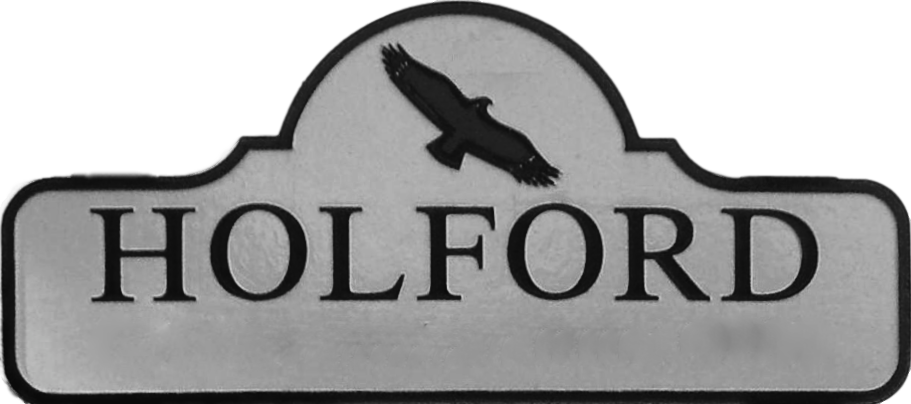
A parish council is a civil local authority found in England and is the lowest, or first, tier of local government. They are elected corporate bodies, have variable tax raising powers, and are responsible for areas known as civil parishes, serving in total 16 million people. A parish council serving a town may be called a town council, and a parish council serving a city is styled a city council; these bodies have the same powers, duties and status as a parish council.
Parish and town councils vary enormously in size, activities and circumstances, representing populations ranging from less than 100 (small rural hamlets) to up to 70,000 (Weston-Super-Mare Town Council). Most of them are small: around 80% represent populations of less than 2,500.
Parish councils have the power to precept (tax) their residents to support their operations and to carry out local projects. Although there is no limit to the amount that can be precepted, the money can only be raised for a limited number of purposes, defined in the 1894 Act and subsequent legislation. The “General Power of Competence” is a new power awarded in 2012 to eligible councils, and is described later in this article. The exercise of powers is at the discretion of the council, but they are legally obliged to exercise duties.
